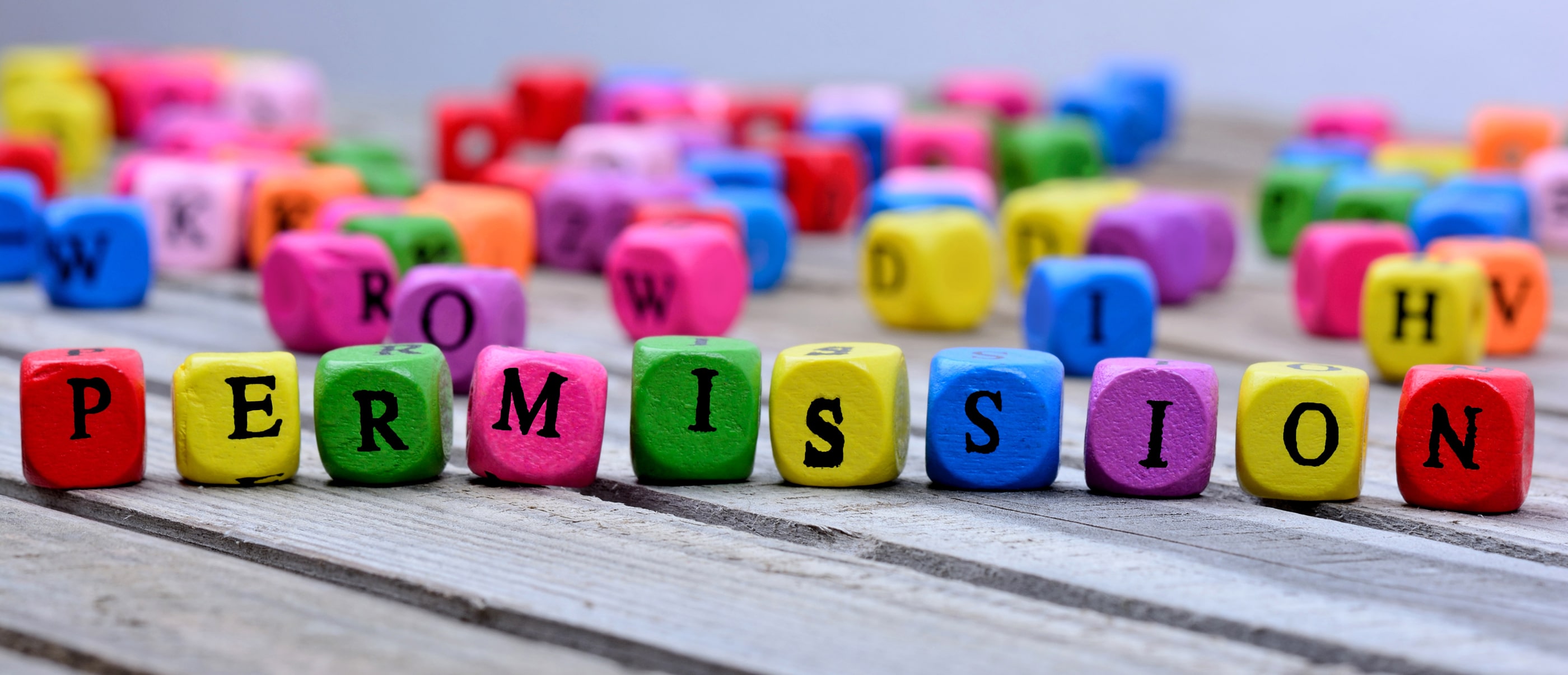Podcast: Play in new window | Download
Subscribe: Apple Podcasts | Google Podcasts | Spotify | Email | RSS | More
The Power of a PLAYFUL Marriage
A playful marriage is a powerful way to fuel and energize your life. Have you given yourself permission to have a playful marriage?
Don't Let Brain LIES Sabotage Your Marriage
Marriage is a mindset. The most influential impact on a successful or failed relationship is what happens inside your own head. I’m not saying you can “power think” your way out of an abusive relationship. There are times when you need to leave a situation, but most often it is not our circumstances but how we think about our circumstances that influences our happiness in marriage.
Challenge your thoughts. Just because a thought flashes through your mind does not mean it is your thought or that it’s a true thought. Question those thoughts: “Who says so?” “Do I believe that?” “Do I want to believe that?” “Who does that thought benefit?” If a thought doesn’t serve you, then get rid of it and choose higher-quality thoughts. Replace sabotaging thoughts with empowering thoughts. Think to the possibilities.
The EGO tries to sabotage relationships because it likes to be miserable. The EGO loves being a victim, so the EGO is going to feed your brain full of relationship-sabotaging thoughts. On this episode I share stories of how brain lies nearly sabotaged my date night and a Seattle getaway with my husband.
Be a Fun-Living Spouse
Have you given yourself permission to be a fun partner? Who says life has to be serious all the time? Who says we can only talk about problems with our companions? Remember the power principle from Episode 4 about making life easier by solving problems without a fuss? Marriage is the perfect place to practice solving problems simply without making a huge ordeal.
In marriage, keep your problems small and your pleasure BIG.
Author Merrilee Boyack says that a fun-loving spouse enjoys watching other people have fun. Instead, be a fun-living spouse, the person who jumps right in to the middle of fun. Merrilee says that if you buy garbage bags as gifts or if your last date together without your kids was to attend a funeral, you might need to add some spice to flavor your dull marriage.
Give Yourself Permission to be PLAYFUL in Marriage
Marriage needs energy. Date nights and fun can fuel a marriage. As a rule, don’t spend more than 20% of your date night conversation talking about your kids, your bills, or life issues. It’s okay to having “planning dates” where you have dedicated time and space to discuss the budget, the remodel, jobs, kids, and even in-laws. But separate those conversations from your playful date nights. Gives yourselves permission to take a break from life and do something just for fun.
If you’ve gotten out of the habit of dating your spouse or have run out of ideas of things you enjoy doing together, you’re not alone. It happens to all of us. Have fun brainstorming together. Write down three things you would enjoy doing together. If you haven’t had common interests in the past, it’s okay to start now. Dream together often. Talk about wild, crazy things you would enjoy (and don’t allow your brain to sabotage the dream by throwing up all the reasons you couldn’t or shouldn’t dream that dream). Imagine your life together after children leave home, after retirement.
Be physically playful, and I’m not just talking about s-e-x. Hiking, biking, playing tennis, working out at the gym together, boating, getting a pair of matching mini trampolines . . . physical play is powerfully energizing for relationships.
See Your Marriage as a PERK rather than Work
Ask yourself, “Does my marriage feel like a perk or like work?” Give yourself permission to be married and to enjoy the perks of marriage, not just to endure the work of marriage. A few years ago my husband and I went to a life-changing marriage conference and I realized I could give myself permission for my marriage to be a source of energy and strength in my life. Rather than seeing my marriage as one more thing on my To Do List, I began to discover my marriage as a source of enjoyment and fun.
I started to give myself permission to be playful with my spouse, to be more lighthearted, to lower the stakes, and to not take everything so seriously. As a result, my marriage is becoming a safe place, a source of strength, support, courage, and energy.
Give Yourself Permission to RECEIVE Love
The number one BRAIN LIE that we all share in common is that we are not enough. We aren’t worthy of love. We don’t deserve love. Subsequently, we deflect love when it’s offered, then cry and mope because we aren’t loved. My brain lies tell me that I haven’t worked hard enough to deserve a night out with my man, or that I don’t deserve a trip to Seattle with my husband. My brain lies and tries to convince me that I can’t be playful and intimate if my house, bedroom, or hair is messy.
BRAIN LIE = I can’t relax and enjoy time with my husband if I have work to do.
TRUTH = there will always be work to do. It’s okay to take time to play with my spouse.
BRAIN LIE = You haven’t done enough today to deserve your husband’s love.
TRUTH = I can receive my husband’s love any time, in any condition because he wants to give his love to me.
Marriage is a Seesaw
Merillee Boyack says that marriage is a Seesaw, the intensity is going to fluctuate up and down, but if you find your butt sitting on the ground, it’s time to kick off. You have the power to kick off the ground. You have the power to jumpstart the energy of playfulness in your marriage. Experience the Power of a PLAYFUL Marriage by challenging your brain lies, being a fun spouse, viewing marriage as a life perk, and giving yourself permission to receive love. And have a blast in your playful marriage!





